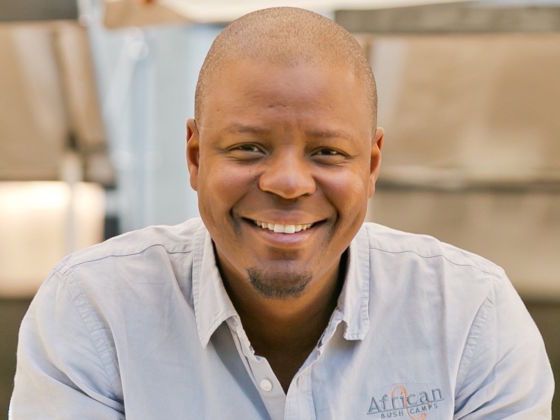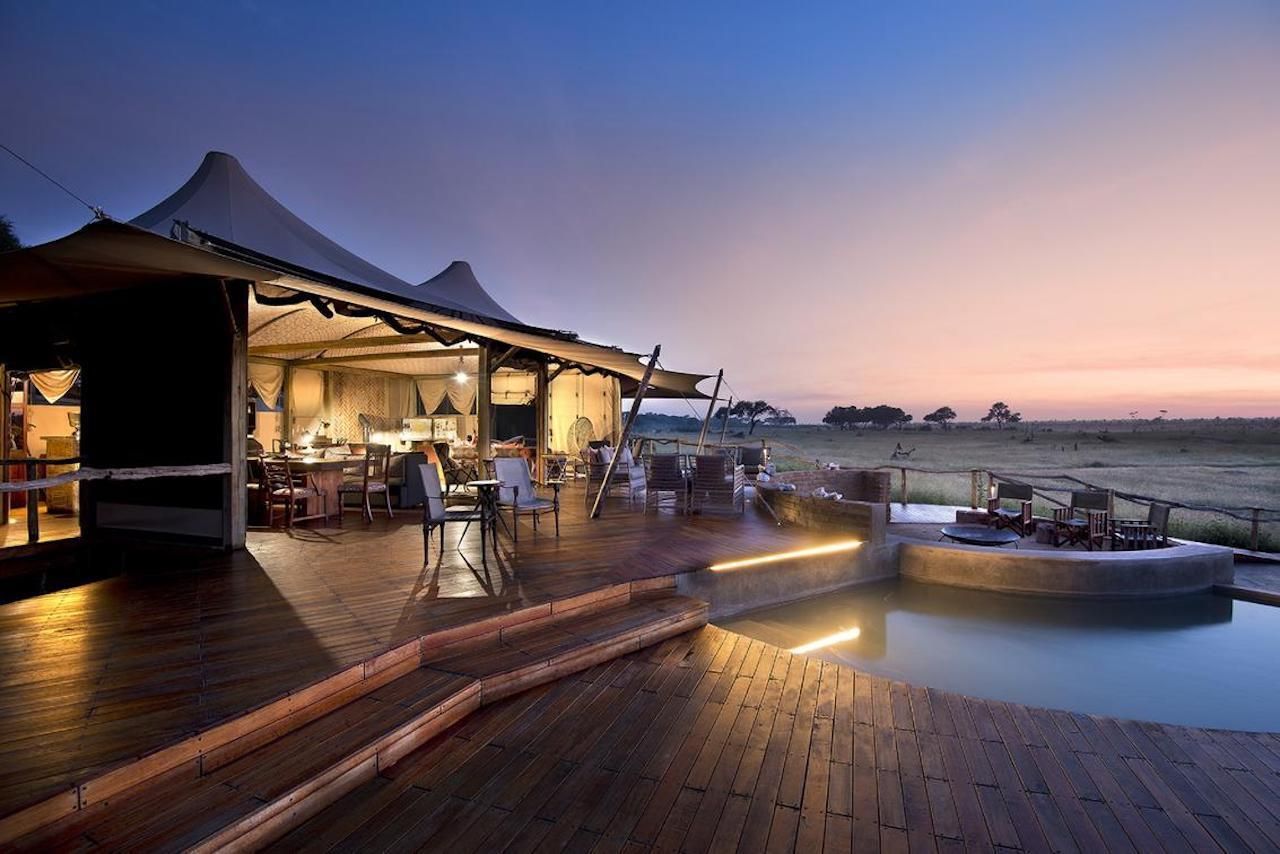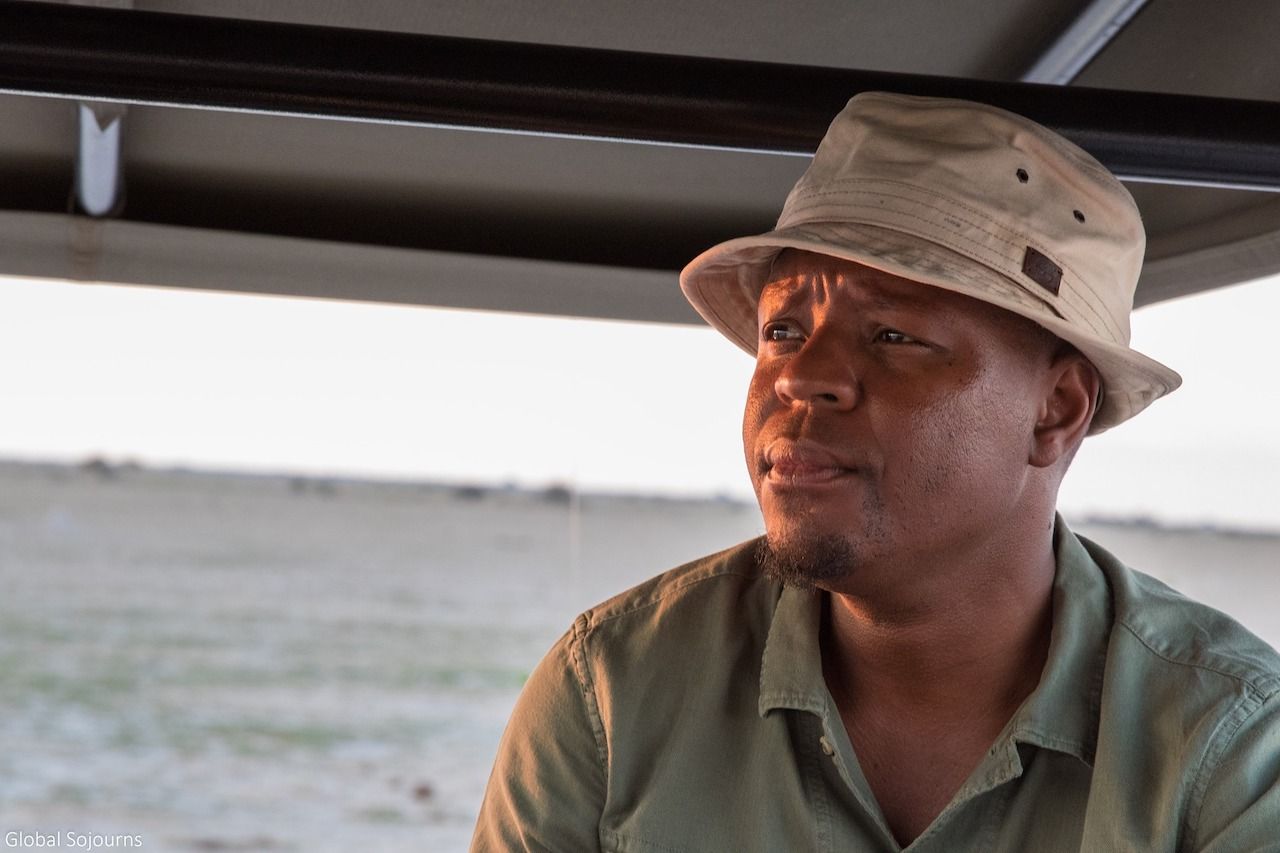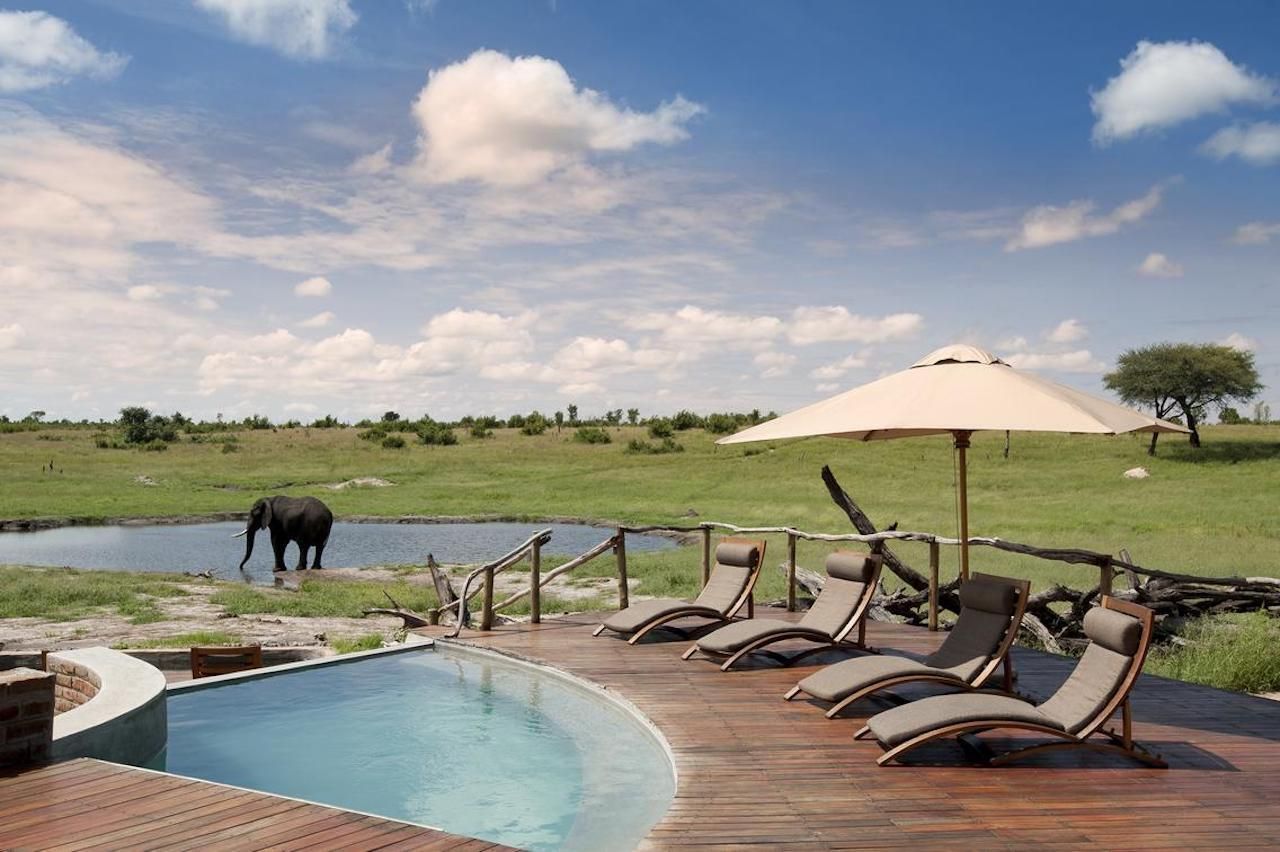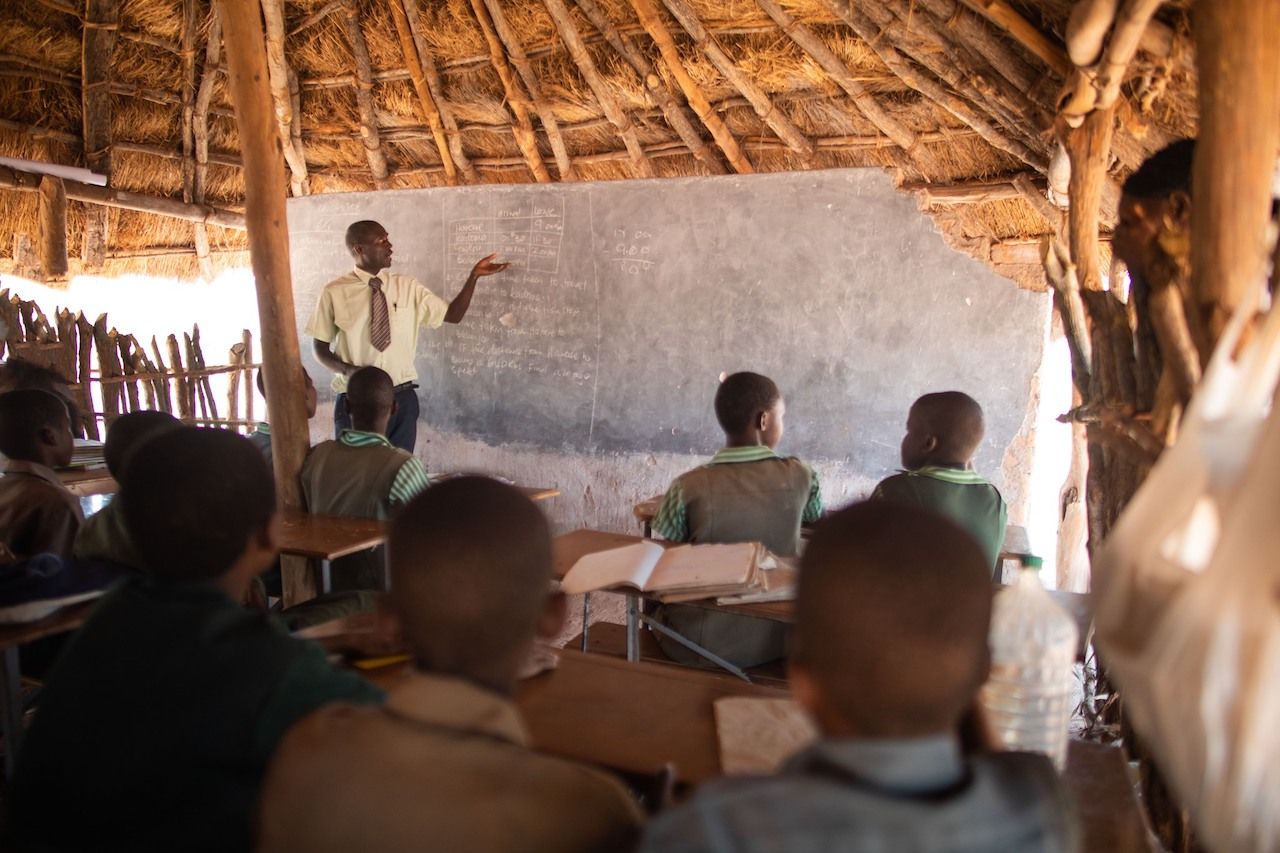When Beks Ndlovu set out to open his first safari camp, Somalisa Camp, on a private concession in Zimbabwe’s Hwange National Park, he furnished it with items from his own home. Sixteen years later, Ndlovu, one of the few Black safari camp owners in Africa, is about to open his 16th safari camp.
While the company that Ndolvu founded, African Bush Camps, has long since been able to buy furniture for its many safari camps in Zimbabwe, Botswana, and Zambia, it’s the attention to detail and personal touch that Ndlovu brought to his first camp — and to each one since — that helped make him one of the continent’s most respected safari camp operators.
